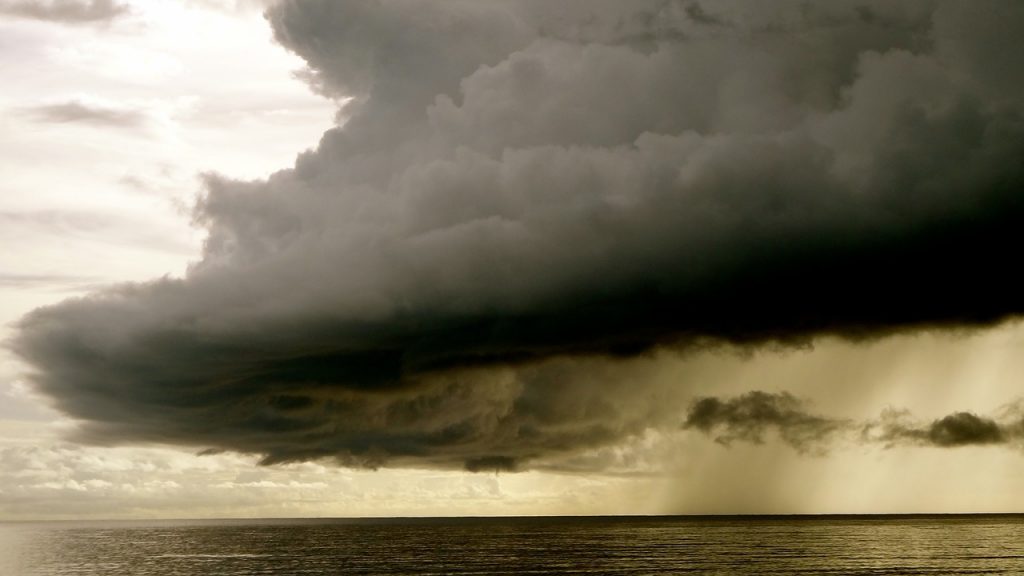

Most people want to rent a boat on a nice sunny day in calm waters. But the more adventurous souls equally enjoy a ride on a boat in rough waters. Of course perusing into a storm is never a good idea, you can still stay safe in less than ideal circumstances.
Whether the trip goes as planned, there is going to be good days and bad days, and either way, you must always have an emergency plan ready to deploy. The old motto, “be prepared”, is still applicable and wise to keep yourself, and the occupants f the boat safe. Things can change in an instant no matter the forecast. Of course, you must have a plan ready to implement with your crew in case of a sudden storm. Take all the possible supplies you can think of for a boat, including nautical charts, GPS/radar, a VHF-FM marine radio, life ring, extra batteries, and several flares in case you need to signal distress. Also, check your fire extinguisher from time to time for proper pressure, and is not past the expiration period.
A seasoned boater knows about the practical side of the sport as well as the ins and outs of weather advisories. In the US, the National Weather Service will tell you about local wind speed and any timely warnings for small craft. They report winds in terms of knots, and waves in terms of swell height.
You needn’t worry excessively if you pay attention to the weather ahead of time. But if you find yourself in rough currents, you can still navigate safely and get back to shore. Take a barometer along just in case that will read differences in pressure. But if you are caught blindsided, hopefully this consolidated list will help:
During the storm, think you’ll obviously be experiencing strong winds and large waves in a storm, not to mention rain and lightning. Look to the sky to see what conditions are dominant. Lightning is to be feared the most as it may damage the boat if it strikes the hull. You might experience a fire and power outage as well. It is imperative to stay calm and secure in the cabin until the storm passes.
You don’t want to proceed rapidly through a storm, otherwise you risk capsizing. Head for the nearest port as you ride out the rough water as best you can. You and your crew should be putting your advanced plan into action. Hopefully, everyone is properly trained.
If you have successfully maneuvered your boat through rough waters and survived the incredible experience, it is time to dock the boat. It is by no means an easy task with winds and choppy waves all around pushing the watercraft uncontrollably. It is wise to have a Jet Ski or floating boat dock as well as the necessary mooring accessories to navigate this final stage of your trip.
Note that floating docks (as opposed to moorings) have long pilings, making it easier to secure your boat or PWC. The benefit here is that they can handle unexpected surges and any roughness lingering from the storm. You will secure your ties to the top of the piling for best results. It is better than attaching the boat to the dock itself. You also don’t want your boat to rub against another craft in the marina or the dock. You can minimize damage by reinforcing your lines with ground tackle before anchoring the boat down, and using inflatable bumpers around the boat..
With these preparatory steps and safety precautions, any boat owner will be ready for the worst that the inevitable surprise storm, and how to be properly prepared.
If you are looking to hop into some Boating fun today, check out our boat rentals. Find other Things to do in Orlando too such as Rent a Kayak, ATV Rentals, Paddle Board Rentals, and more.
Explore Jetski Rentals Near You
Share This